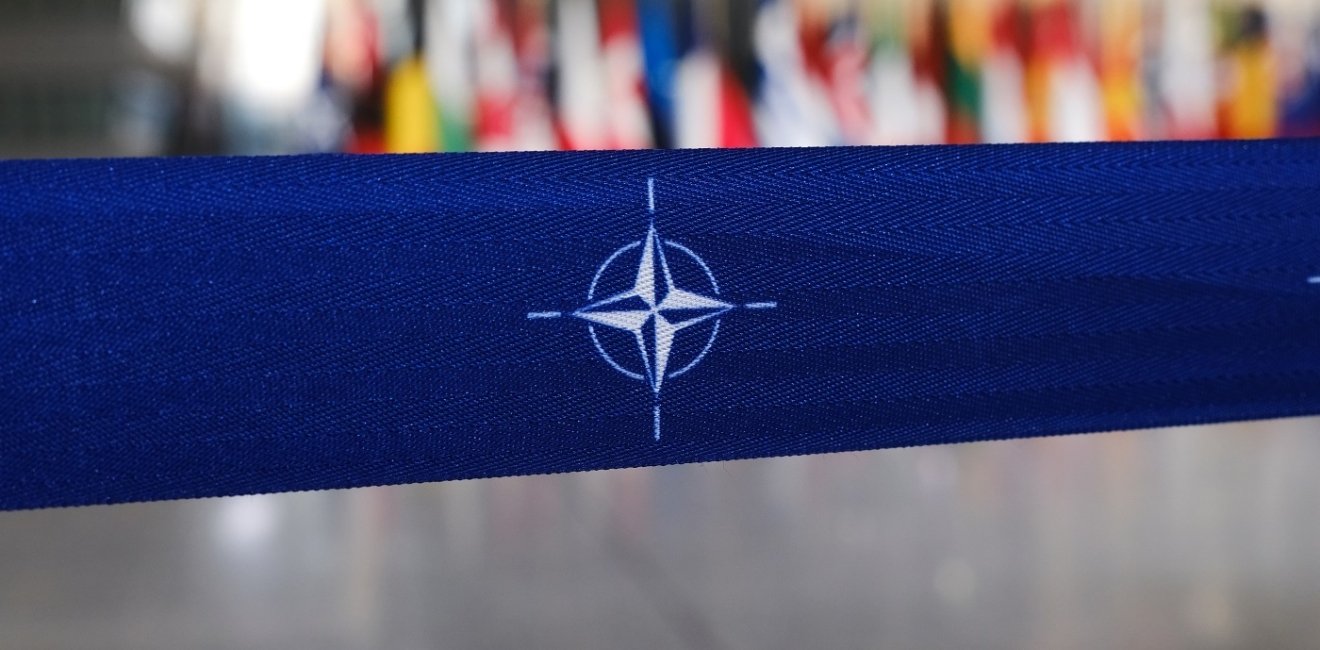
A blog of the Kennan Institute
One of the results of the Russian invasion of Ukraine is the dawning potential redesign of the European security system. Despite much more modest economic influence, military capabilities, size, and population than Russia, Ukraine is steadily increasing its role in relation to NATO and the EU while Russia cedes its former place.
With the unprecedented help of the Allies and other countries, Ukraine has managed to build significant military power and expertise, which in turn helps protect the eastern flank of the EU. The Alliance has appreciated this cooperation and is expected to propose the creation of a NATO-Ukraine council during the July 11–12 NATO summit in Vilnius. This decision promises to mark a historic moment in the NATO-Ukraine-Russia relationship and an acceptance of Russia’s diminished role. While certain cooperative structures with Russia, such as the NATO-Russia Council, will remain, practical engagement has in many cases been suspended.
The NATO-Russia Council
In 2002, after Russia had for a full decade declared itself on the path of democratic development and was cooperating with Western democracies, the NATO-Russia Council was established for the purposes of “joint decision-making and joint action.”
Though the council’s functions have shrunk because of Russia’s aggressive actions against Ukraine in 2014 and 2022, the creation of a dedicated space earlier in the century for communicating with Russia was inevitable. Russia was a nuclear state with a huge army. Moreover, Moscow was one of the founders of the international rules-based order, even though Russia itself does not observe those rules.
Today the creation of a council with Ukraine seems inevitable, especially in light of the vast amount of aid sent to Ukraine by the NATO states and the degree of cooperation among themselves and with Ukraine, a non-NATO state. The situation calls for a formal justification of the expenditure of treasure and matériel.
Ukraine’s Security Role Enlarges
Ironically, Ukraine, the country that, according to Russian president Vladimir Putin, does not actually exist, today has unquestionably assumed a robust role in Europe’s security system while achieving a deeper integration with NATO and the EU than Russia could ever hope to. The creation of a NATO-Ukraine council could mean that NATO considers Ukraine a unique partner, one critical for the whole Alliance.
It will be painful for Russia to realize that it has lost the battle for the hearts and minds of Ukrainians to NATO, even though Ukrainians under past administrations were divided over joining NATO and NATO was not particularly excited about Ukraine’s NATO aspirations.
The February 2022 invasion of Ukraine destroyed all hopes of the Alliance to craft, not necessarily a good but a pragmatic relationship with Russia. Moscow left the Alliance just one option, military resistance to its unrealistic ambitions. If the NATO-Ukraine council is created during the Vilnius Summit, it would mark the first step on a formal pathway to membership for Ukraine. It is not the road map or Membership Action Plan, both of which are necessary for the start of the accession process. Some NATO members, however, urge granting membership to Ukraine without implementing the usual plans because Ukraine, which has demonstrated effective military defense capabilities, does not need to traverse the usual pathways to membership.
Many NATO members, on the other hand, have stressed that full membership for Ukraine is not on the table until the war is over. That is their firm position. At the same time, the examples of Finland and Sweden show that when countries are ready to join and there is political will, the decision can be made quickly.
Ukraine as “the Anti-Russia”
Ironically, Russian propaganda sought to present Ukraine as anti-Russia to justify the war. Now, because of the Russian invasion, the most fantastic of Moscow’s prognoses has come true. Ukraine really is becoming the anti-Russia insofar as its mission is to preserve its sovereignty and independence, and as a side effect to serve as a shield on Europe’s eastern front. Moscow has been ceding its role in Euroatlantic policy even as Ukraine has increased its presence. Russia will not fully lose its influence, but it has been significantly weakened: fear is the last source of its influence in the region.
From a broader perspective, according to the UK-based think tank RUSI, what is urgently needed is a redesign of Europe’s security architecture that preserves a lesser—and conditional—role for Russia in a system with stronger guarantees of stability for the continent. And this task should not be NATO’s alone
The opinions expressed in this article are those solely of the author and do not reflect the views of the Kennan Institute.
Author


Kennan Institute
After more than 50 years as a vital part of the Wilson Center legacy, the Kennan Institute has become an independent think tank. You can find the current website for the Kennan Institute at kennaninstitute.org. Please look for future announcements about partnership activities between the Wilson Center and the Kennan Institute at Wilson Center Press Room. The Kennan Institute is the premier US center for advanced research on Eurasia and the oldest and largest regional program at the Woodrow Wilson International Center for Scholars. The Kennan Institute is committed to improving American understanding of Russia, Ukraine, Central Asia, the South Caucasus, and the surrounding region through research and exchange. Read more

Explore More in Focus Ukraine
Browse Focus Ukraine
Talking to the Dead to Heal the Living

Ukrainian Issue in Polish Elections


